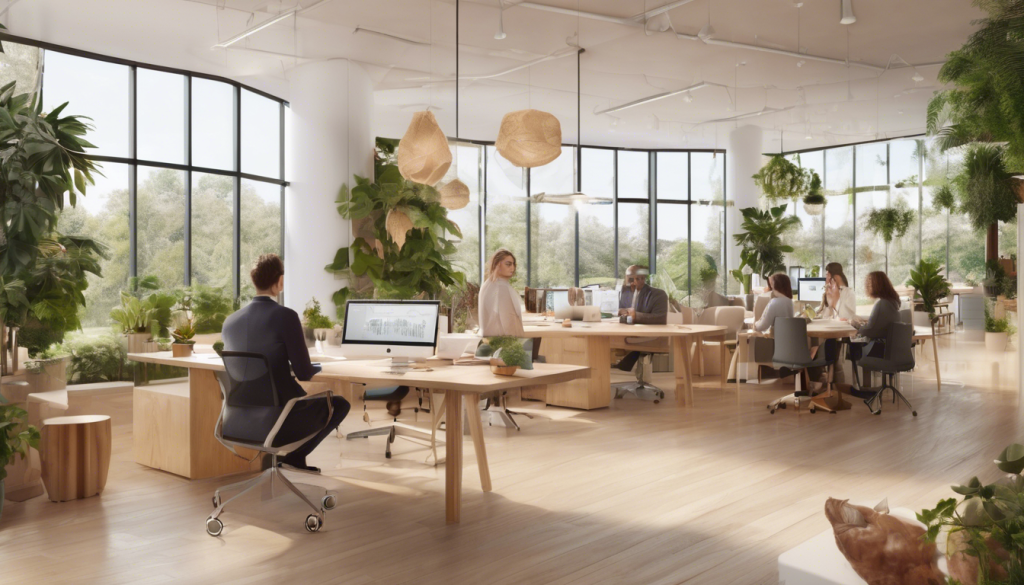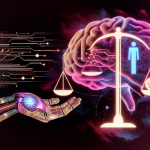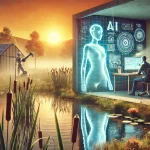
The New Human-AI Partnership Reshaping Today’s Workplace
The workplace of 2025 has fundamentally transformed, not just through AI's technical capabilities, but through a profound shift in professional relationships.
While 52% of U.S. workers worry about AI's impact on job opportunities (Pew Research, 2025), the reality is more nuanced. AI isn't replacing humans but becoming an active workplace participant that enhances human capabilities.
This partnership is evident across industries:
In healthcare, AI processes complex imaging data while medical professionals focus on diagnosis and patient care—combining machine efficiency with human judgment.
In team environments, AI-powered platforms optimize workflows, automate administrative tasks, and provide real-time meeting assistance, allowing for more effective human collaboration.
As Thomas Husson of Forrester notes: "The idea that AI could replace human collaboration is misguided. Instead, we're seeing AI enhance team dynamics by handling routine tasks and providing insights that make human collaboration more effective."
The average employee now saves approximately 2.5 hours daily by automating routine tasks, freeing time for strategic work that requires uniquely human skills.
For professionals navigating this landscape, the focus should be on developing complementary skills—creative problem-solving, emotional intelligence, and ethical decision-making—rather than competing with AI capabilities.
The future workplace isn't about humans versus AI but humans and AI achieving outcomes neither could accomplish alone.
How are you leveraging AI partnerships in your professional life? Are you focusing on developing the human skills that complement AI's capabilities?
If you found value in this article, please share it with colleagues navigating the evolving workplace landscape. Read Oliver's full Deep Dive for more insights.


